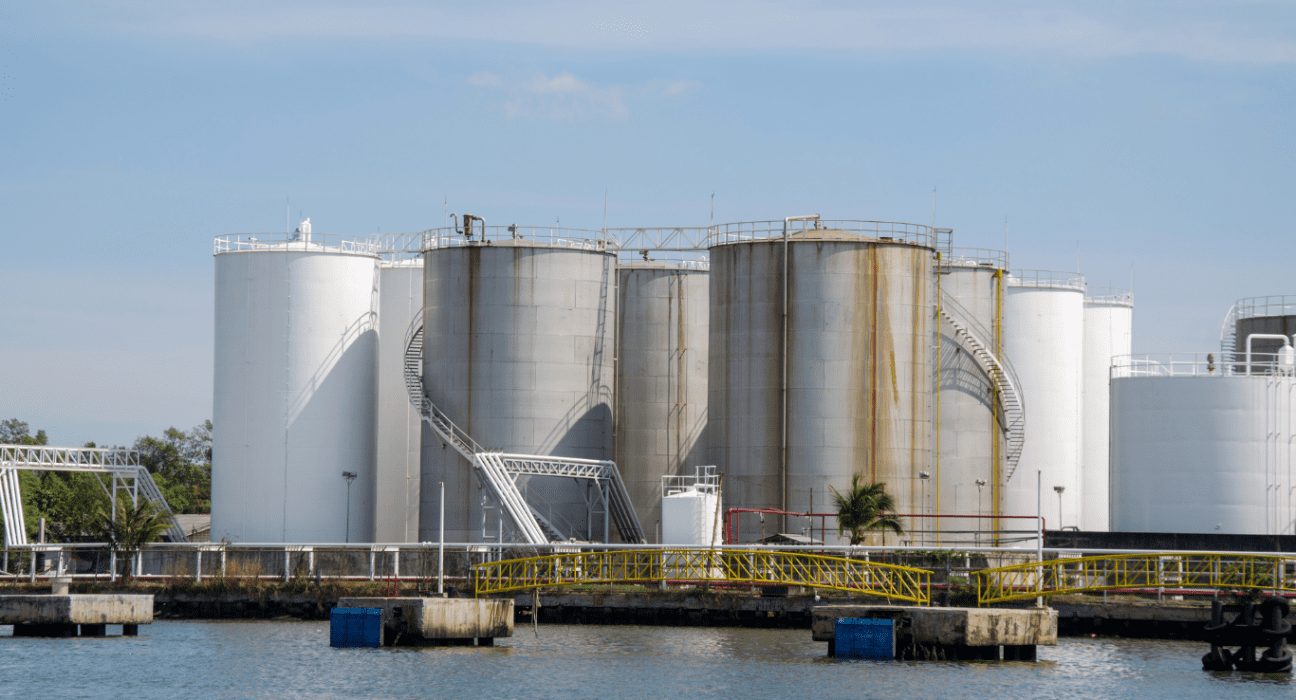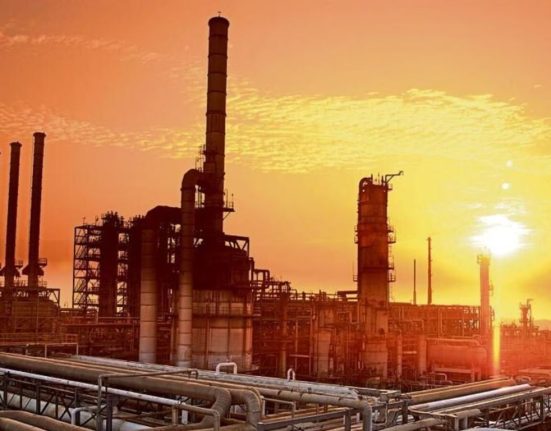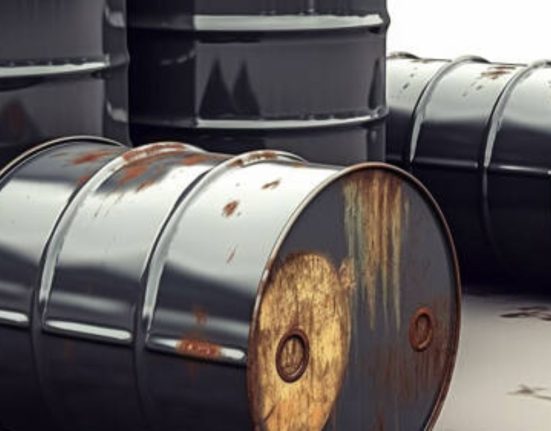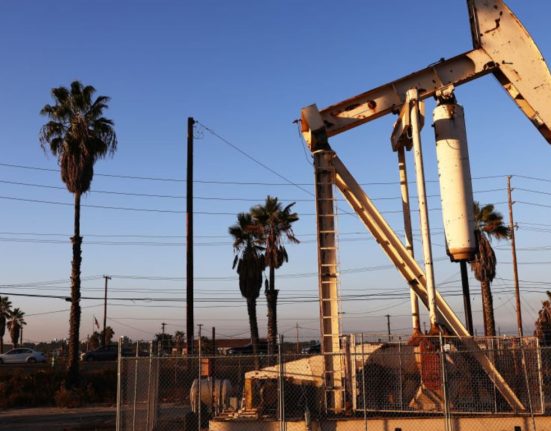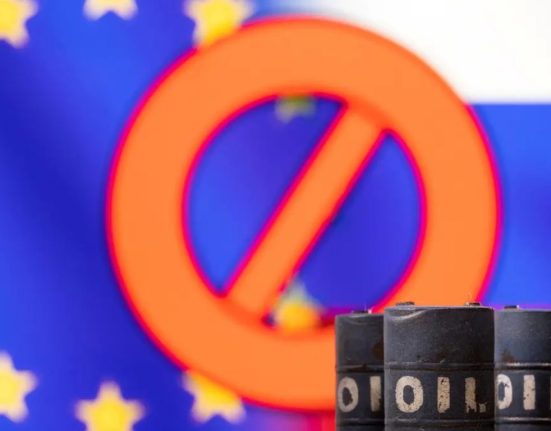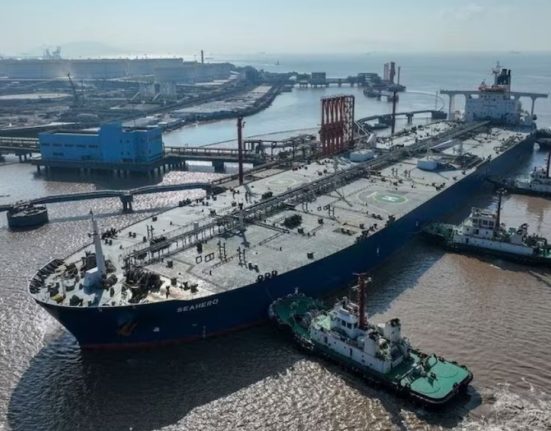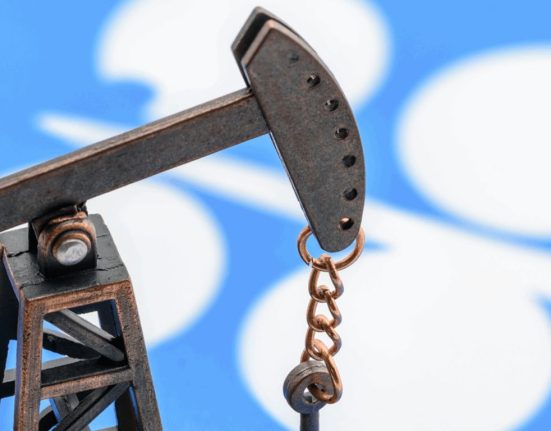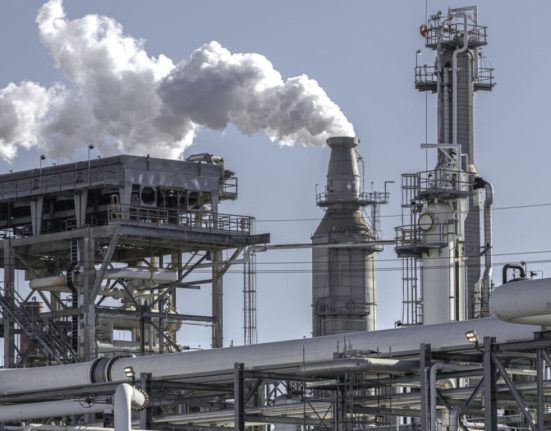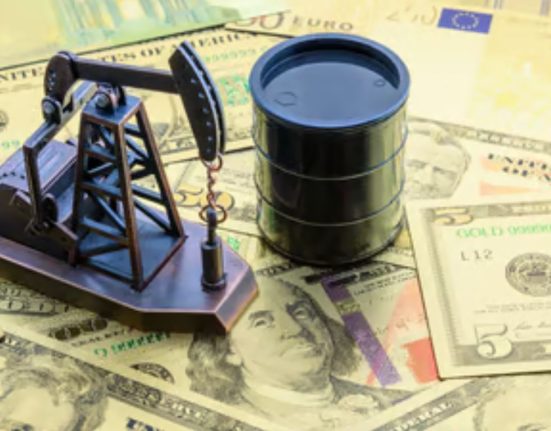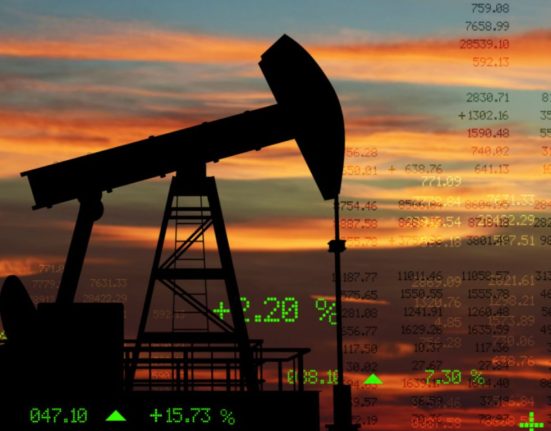The Group of Seven economies, the EU, and Australia have imposed new price caps on Russia’s exports of oil products. The coalition aims to limit Russia’s ability to fund its war in Ukraine, which began nearly a year ago, by cutting its oil revenues. The caps, which follow the banning of Western-supplied maritime insurance, finance, and brokering for seaborne Russian crude oil priced above $60 per barrel in December, will force Russia to choose between funding its war and propping up its struggling economy.
The new price caps are set at $100 per barrel for products that trade at a premium to crude, such as diesel, and $45 per barrel for products that trade at a discount, such as fuel oil and naphtha. The caps will work in tandem with the European Union’s ban on Russian oil product imports, which comes into effect on Sunday.
U.S. Treasury Secretary Janet Yellen stated that the caps will serve a critical role in the coalition’s efforts to degrade Russia’s ability to prosecute its illegal war. The caps have already started to have an impact, as Russia’s monthly budget revenues from oil and gas fell to their lowest level since August 2020, according to Russia’s Finance Ministry data. The measures are disrupting Russia’s military supply chains and making it harder for the Kremlin to equip its troops and continue its invasion.
Despite the restrictions, global energy markets remain well-supplied, and oil importers, such as China and India, are using the price cap to negotiate steep bargains on Russian oil. The International Monetary Fund raised its 2023 growth projection for Russia by 2.6 percentage points this week, citing fairly high export revenue last year and strong fiscal stimulus from Moscow. However, a senior Treasury official stated that while Washington is mindful of the IMF’s view, it remains convinced that the price caps are changing the trajectory of Russia’s budget, as petroleum is the main source of its revenues.
The price caps and embargo are part of a larger effort by the West to pressure Russia to end its illegal war in Ukraine. The West has imposed various sanctions, including travel bans and asset freezes, on individuals and companies associated with the war. In February last year, Russian President Vladimir Putin ordered a special military operation in Ukraine, which the West views as an unprovoked invasion. The West’s efforts to restrict Russia’s ability to fund the war are showing results, and it is clear that the price caps and embargo are putting pressure on Russia to choose between funding its war or supporting its struggling economy.
Conclusion:
In conclusion, the new price caps on Russia’s exports of oil products, combined with the European Union’s ban on Russian oil product imports, are part of a larger effort by the West to limit Russia’s ability to fund its war in Ukraine. The caps are already having an impact, as Russia’s monthly budget revenues from oil and gas fell to their lowest level since August 2020. Despite the restrictions, global energy markets remain well-supplied, and oil importers are negotiating steep bargains on Russian oil. The West’s efforts to pressure Russia to end its illegal war in Ukraine are showing results, and it is clear that the price caps and embargo are putting significant pressure on Russia.
